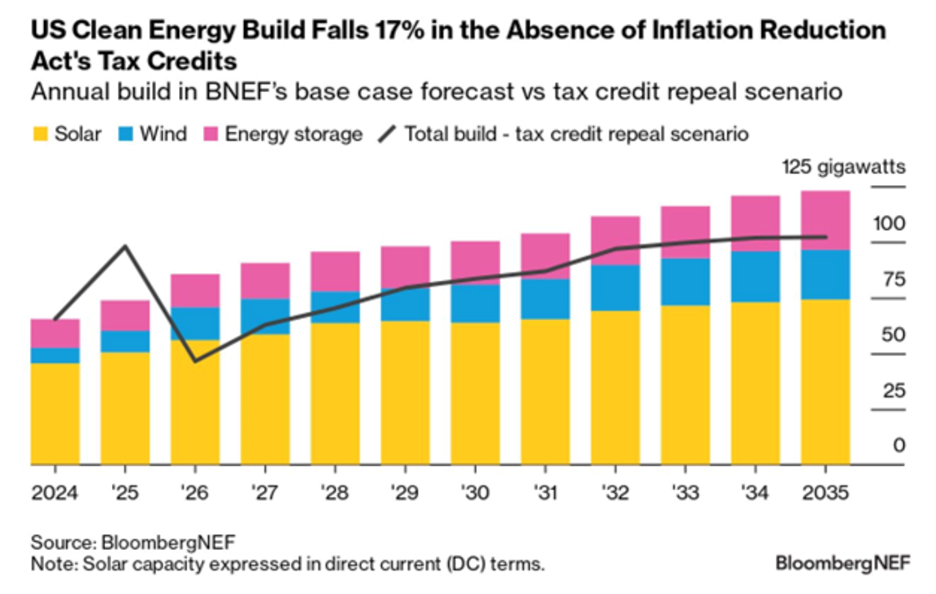Challenges and opportunities in plastics production and consumption
- 1. Mai 2022
- 3 Min. Lesezeit
May 2, 2022
The production and use of plastics is a first-order problem for societies worldwide.
The ubiquity of plastic in our daily lives often obscures the powerful impacts on society and the environment. Plastics contribute to global warming, freshwater and marine eutrophication, terrestrial acidifications, ground-level photochemical oxidant formation, particulate matter formation, and human toxicity.
The numbers are startling.
Since 1950, companies have made more than 8.3 billion tons of plastic, the equivalent of two billion African elephants. Fifty percent of all plastics are thrown away within six seconds of use. Single-use plastics may be the lasting monument of our time.
Focusing on climate change, the annual plastics carbon budget is 40 billion tons, the equivalent of six to nine percent of all oil and gas emissions. If business as usual continues unabated, plastics production will climb to 13 percent of the global carbon budget by 2050.
It is impossible to meet the 2050 Paris Agreement commitments if we continue at current production levels.
What is to be done?
In a conversation with Selma Duhović, Ph.D., host and producer of the Activation Energy podcast, Responsible Alpha CEO Gabriel Thoumi, CFA, lays out the challenges and opportunities confronting stakeholders ranging from a transition in mindset to a transformation of the economy.
Investors possess an essential role in these conversations.
As Gabriel notes, this is an opportunity to develop an iteration process and learn together. Investors sit down with companies they have invested in and ask, “How will we create solutions across the supply chain?”
And this is a critical insight – the solution must work for producers, suppliers, and consumers. Analysts can map the COGS (cost of goods sold) across the supply chain. The challenge is to map and implement sustainability policies across the supply chain. The latter would allow producers and suppliers to know what their road rules are and what their goals should be.
“The resolution produced by UNEA-5.2 in Nairobi in February is a vital first step to creating an international treaty and holistic framework to address and resolve the complete lifecycle of plastic from production to its eventual depositing in the world’s oceans,” remarked Thoumi.
For example, 83 publicly traded companies dominate the plastics packaging sector. Seventy percent of these firms' combined fixed income is turning over in the next four years. This is an opportunity for investors and banks to develop green bonds to encourage the transition to sustainable plastics while lowering the cost of capital for these companies.
“There is also much opportunity for small- and medium-size firms and start-ups to develop new technologies, either innovating current plastics productions or moving to novel replacements. The challenge is to create a holistic vision of what sustainable plastics and their supply chain look like while fostering a system that is at once collaborative and competitive,” noted Steven Hyland, Ph.D., Responsible Alpha’s Director of Research and Communications.
It is such a space that venture capital outfits like Chemical Angel Network can identify promising technologies that need funds and support to scale and bring to market.
The urgency of plastic production and consumption is undeniable. The solutions require the development of business models that cultivate collaboration as much as competition. The keys must travel across supply chains, thus requiring cooperation and coordination across the industry.
Most importantly, the solution necessitates the involvement of all stakeholders, ranging from executives to investors, companies to fence-line communities, elected officials to health professionals, and academics to activists.
Anything short of such a holistic approach risks delay, effectively ensuring failure.





Kommentare